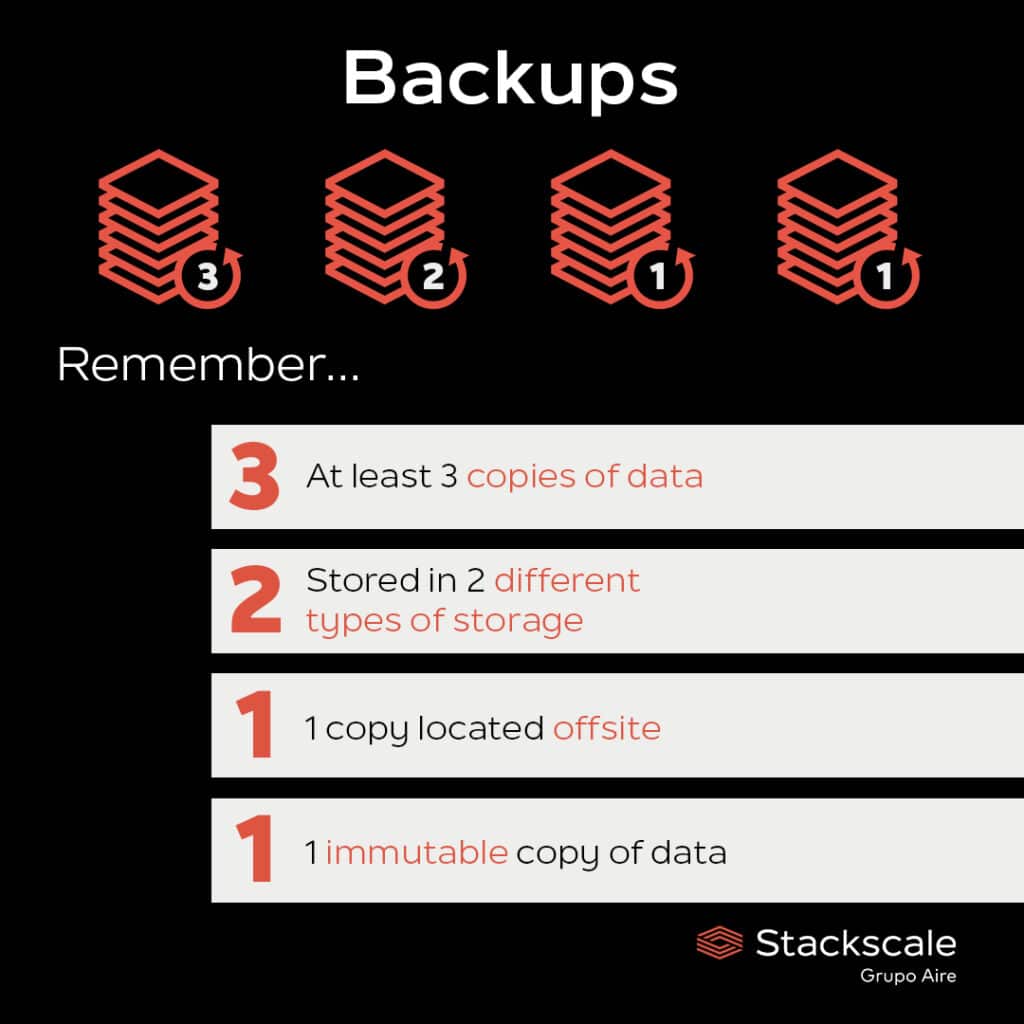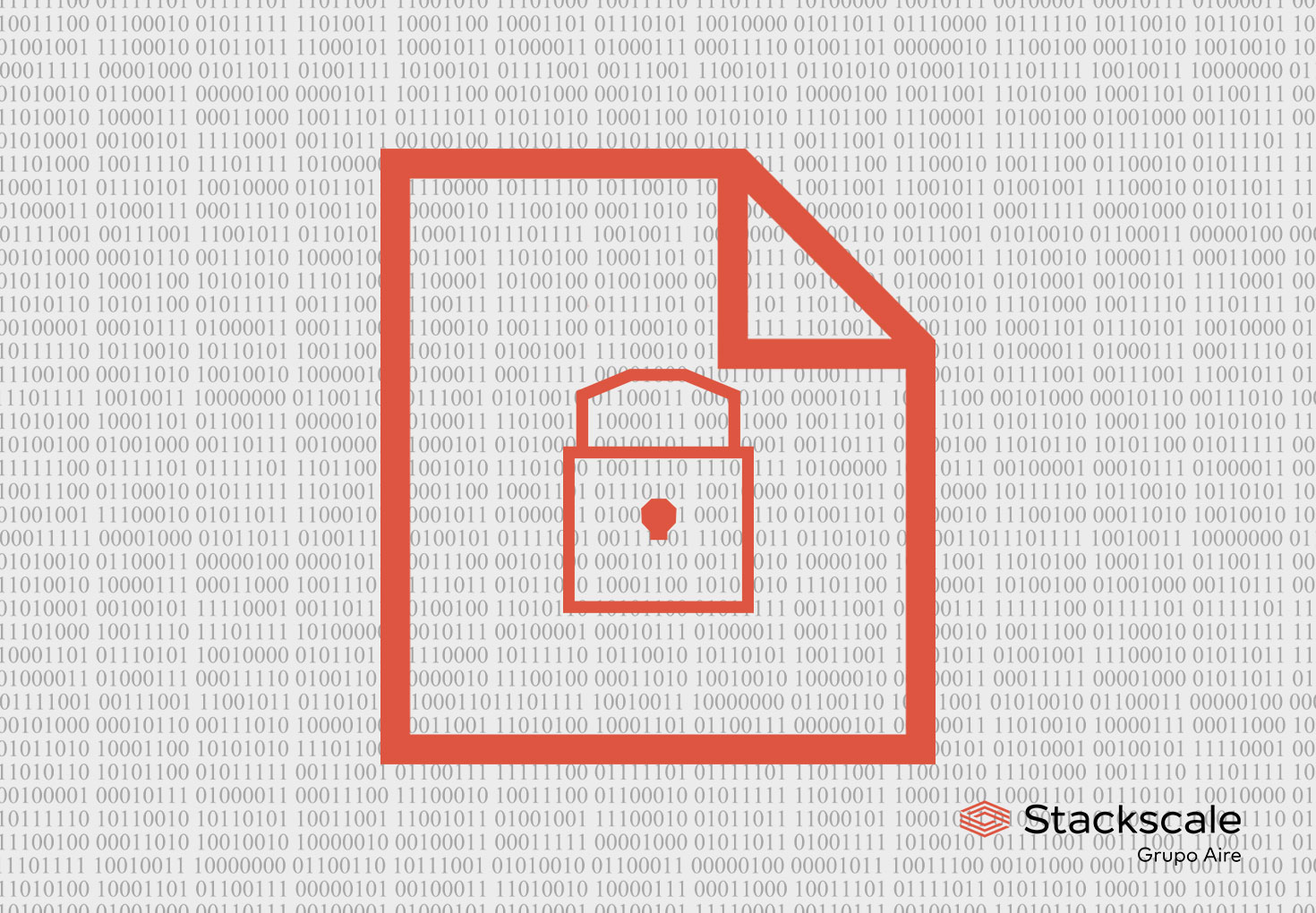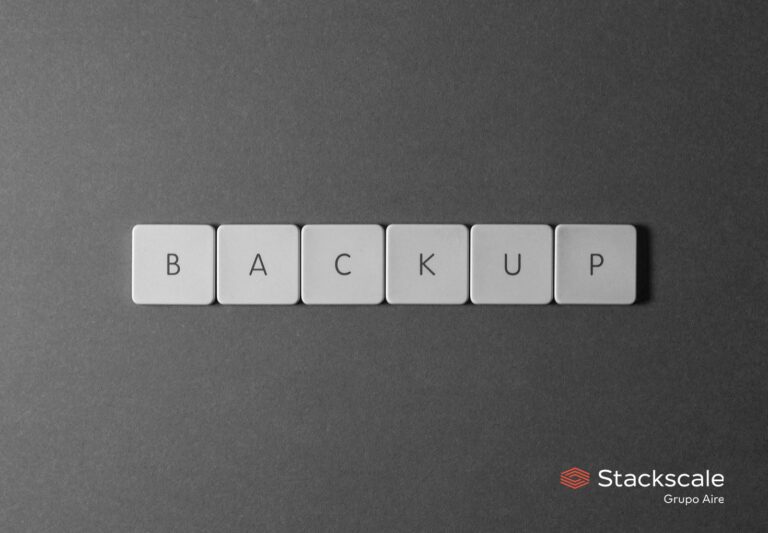Data immutability keeps growing in popularity as an ally to ensure data security, regulatory compliance and data recovery. As cyber threats keep on the rise, data security and disaster recovery planning has become indispensable for business continuity; and immutable data gain relevance on this matter.
What is data immutability?
As defined in the Cambridge Dictionary, immutability is “the state of not changing, or being unable to be changed”. Therefore, data immutability is a concept referring to the ability of data to remain in its original state.
Immutability prevents data from being unauthorizedly changed, deleted or corrupted for a specific period of time. Once created, data cannot be modified or overwritten; neither deliberately nor accidently. In order to update an entry of data, it is necessary to add a new one and associate it as a version of an older entry. This allows keeping track of all historical data for audit purposes.
To ensure immutability, data is protected by the WORM data storage technology. WORM is short for “Write Once, Read Many”.
Immutability is a more secure and tamper-resistant solution to protect data against external and internal threats. It enables the verification of data integrity, as data cannot be modified or corrupted. Thus, it is especially important for mission critical data.
Moreover, the relevance of data immutability to recover data that has been lost or corrupted has also contributed to upgrading the “3-2-1” backup rule into the “3-2-1-1” rule. As it is advisable to have at least one immutable copy of data.

Protecting business critical data
From the point of view of data integrity and security, as well as regulatory compliance, it is key to ensure business critical data cannot be modified without authorization. On this matter, immutable databases, backups and storage are truly useful in case of cyber attack and other contingencies.
Immutable storage has been used for a long time, but it has recently become a relevant solution to protect business critical data. Besides, it is worth mentioning that data immutability is particularly important for organizations treating sensitive data. Thus, it is indispensable in highly regulated sectors, such as healthcare and the legal sector.
To sum up, data immutability adds to the importance of choosing a suitable Disaster Recovery solution. As cyber threats continue to increase and become more sophisticated, proactively approaching security is key for business continuity.





